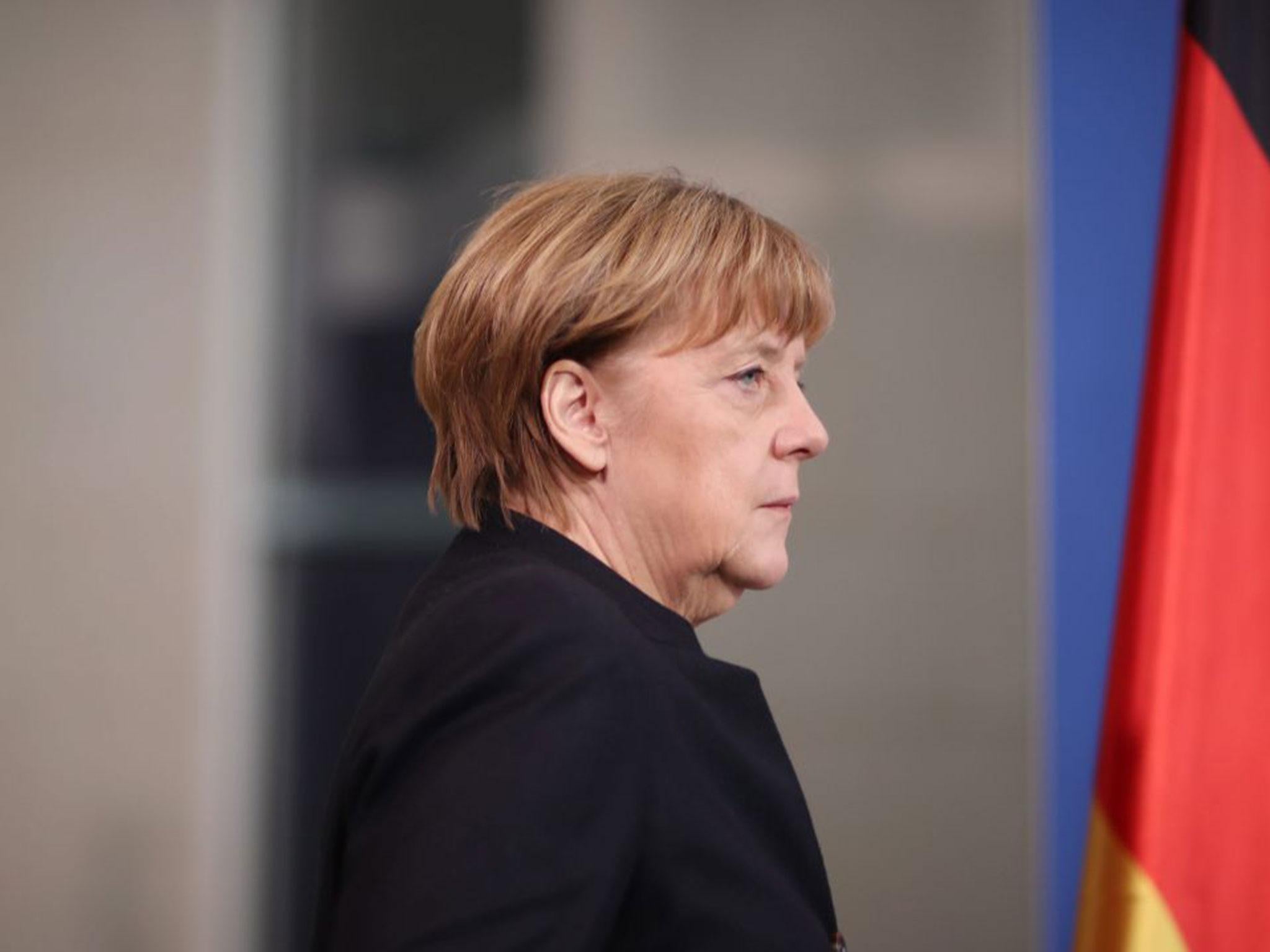Germany election date set for 24 September as Angela Merkel battles for fourth term amid far-right rise
Anti-immigration Alternative for Germany hoping to gain first seats in Bundestag

Your support helps us to tell the story
From reproductive rights to climate change to Big Tech, The Independent is on the ground when the story is developing. Whether it's investigating the financials of Elon Musk's pro-Trump PAC or producing our latest documentary, 'The A Word', which shines a light on the American women fighting for reproductive rights, we know how important it is to parse out the facts from the messaging.
At such a critical moment in US history, we need reporters on the ground. Your donation allows us to keep sending journalists to speak to both sides of the story.
The Independent is trusted by Americans across the entire political spectrum. And unlike many other quality news outlets, we choose not to lock Americans out of our reporting and analysis with paywalls. We believe quality journalism should be available to everyone, paid for by those who can afford it.
Your support makes all the difference.Germany has set a date for its federal election as Angela Merkel seeks a fourth term in office amid a surge by populist groups.
The country will go to the polls on 24 September after a tumultuous four years since the last vote in 2013.
Anti-immigration groups have enjoyed rocketing support, fuelled by concerns over the refugee crisis, terror attacks and mass sexual assaults, with the Alternative for Germany (AfD) party expected to enter the national parliament (Bundestag) for the first time.
The group has attacked Ms Merkel for her decision to open Germany’s borders to refugees in 2015, blaming the policy for Isis-inspired terror attacks including the massacre at a Berlin Christmas market.
The AfD will be hoping to build on the gains made in last year’s local elections in the vote, which will have its date rubber stamped by the President after gaining government approval.
The Chancellor’s Christian Democratic Union (CDU) and Christian Social Union (CSU) currently hold 311 seats, followed by the Social Democrats (SPD) on 193, Left party on 64 and the Greens on 63.
Ms Merkel currently leads a grand coalition of the CDU/CSU and SPD but the Greens believe they could be the new power brokers for Germany’s next government.
The party is divided between those who favour a coalition with Ms Merkel and others who back a three-way left-wing alliance that would remove her from the chancellery.
Ms Merkel faces a tougher re-election campaign than in previous years following continued unrest over the arrival of more than a million migrants and refugees in Germany.
Her policy was initially welcomed amid outrage over boat disasters in the Aegean Sea but a backlash from right-wing groups mounted following the New Year’s Eve sex attacks in Cologne and three terror attacks carried out by asylum seekers.
A poll by Forsa for the German magazine Stern put Ms Merkel's conservative bloc on 38 per cent, with its junior coalition party the SPD on 21 per cent and AfD on 11 per cent.
Research published earlier this month showed refugee policy will be the biggest issue for voters in the election.
It has driven the formation of far-right groups including Pegida, which has drawn thousands of people at anti-Islam rallies, while German states unsuccessfully attempted to have the neo-Nazi NPD banned.
The number of asylum seekers arriving in Germany plummeted by more than 600,000 last year, after the controversial EU-Turkey deal slowed boat crossings to Greece over the Aegean Sea.
Germany’s federal election will elect members of the Bundestag and determine the Chancellor, while the country’s President will be voted in separately by the Federal Convention of electors on 12 February.
Several other countries are holding national elections in 2017, including France, the Netherlands, Norway and the Czech Republic, while the UK will hold its local elections in May.
Additional reporting by Reuters
Join our commenting forum
Join thought-provoking conversations, follow other Independent readers and see their replies
101Comments